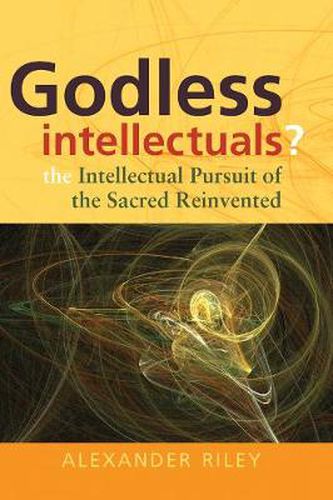Readings Newsletter
Become a Readings Member to make your shopping experience even easier.
Sign in or sign up for free!
You’re not far away from qualifying for FREE standard shipping within Australia
You’ve qualified for FREE standard shipping within Australia
The cart is loading…






This title is printed to order. This book may have been self-published. If so, we cannot guarantee the quality of the content. In the main most books will have gone through the editing process however some may not. We therefore suggest that you be aware of this before ordering this book. If in doubt check either the author or publisher’s details as we are unable to accept any returns unless they are faulty. Please contact us if you have any questions.
The Durkheimians have traditionally been understood as positivist, secular thinkers, fully within the Enlightenment project of limitless reason and progress. In a radical revision of this view, this book persuasively argues that the core members of the Durkheimian circle (Durkheim himself, Marcel Mauss, Henri Hubert and Robert Hertz) are significantly more complicated than this. Through his extensive analysis of large volumes of correspondence as well as historical and macro-sociological mappings of the intellectual and social worlds in which the Durkheimian project emerged, the author shows the Durkheimian project to have constituted a quasi-religious quest in ways much deeper than most interpreters have thought. Their fascination, both personal and intellectual, with the sacred is the basis on which the author reconstructs some important components of modern French intellectual history, connecting Durkheimian thought to key representatives of French poststructuralism and postmodernism: Bataille, Foucault, Derrida, Baudrillard, and Deleuze.
$9.00 standard shipping within Australia
FREE standard shipping within Australia for orders over $100.00
Express & International shipping calculated at checkout
This title is printed to order. This book may have been self-published. If so, we cannot guarantee the quality of the content. In the main most books will have gone through the editing process however some may not. We therefore suggest that you be aware of this before ordering this book. If in doubt check either the author or publisher’s details as we are unable to accept any returns unless they are faulty. Please contact us if you have any questions.
The Durkheimians have traditionally been understood as positivist, secular thinkers, fully within the Enlightenment project of limitless reason and progress. In a radical revision of this view, this book persuasively argues that the core members of the Durkheimian circle (Durkheim himself, Marcel Mauss, Henri Hubert and Robert Hertz) are significantly more complicated than this. Through his extensive analysis of large volumes of correspondence as well as historical and macro-sociological mappings of the intellectual and social worlds in which the Durkheimian project emerged, the author shows the Durkheimian project to have constituted a quasi-religious quest in ways much deeper than most interpreters have thought. Their fascination, both personal and intellectual, with the sacred is the basis on which the author reconstructs some important components of modern French intellectual history, connecting Durkheimian thought to key representatives of French poststructuralism and postmodernism: Bataille, Foucault, Derrida, Baudrillard, and Deleuze.